
48 Girard-Perregaux Watches
-
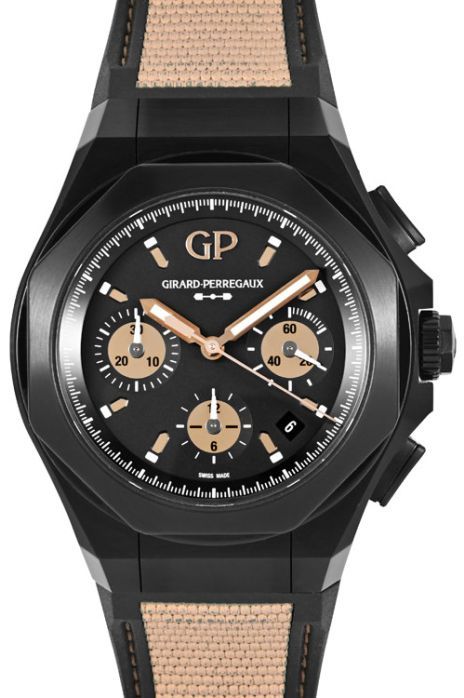
Girard-PerregauxLaureato
2022 44 Mm₹ 12,00,000
-
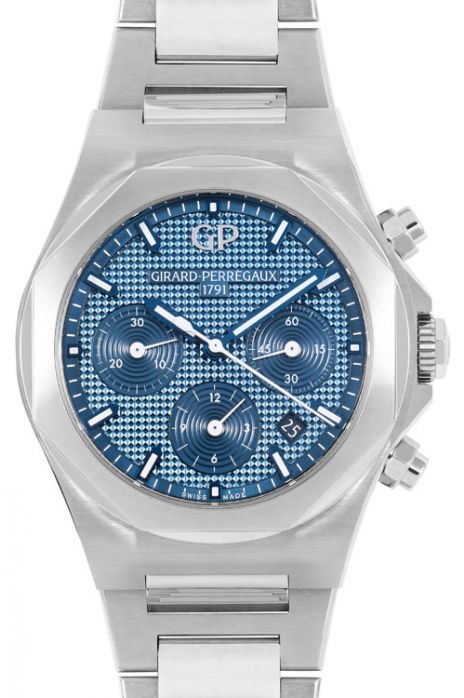
Girard-PerregauxLaureato
2022 42 Mmsold out -
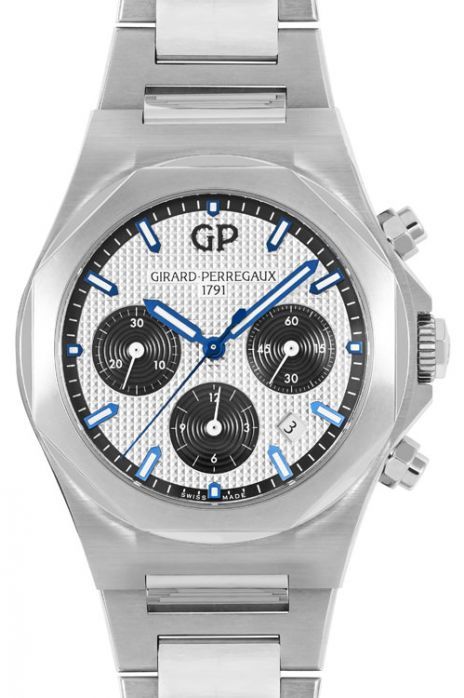
Girard-PerregauxLaureato
2022 42 Mmsold out -
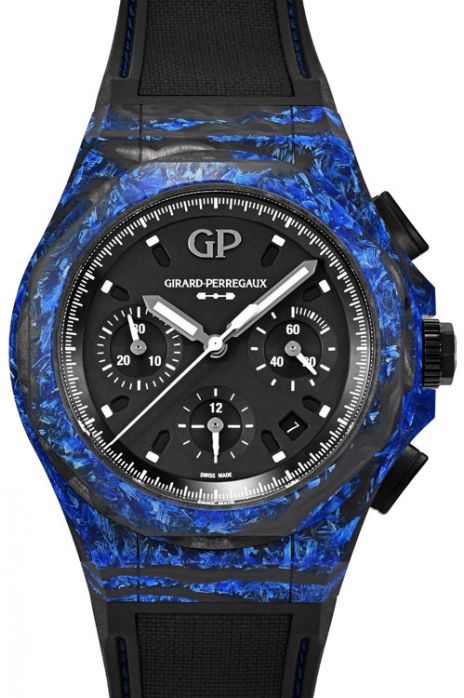
Girard-PerregauxLaureato
2022 44 Mmsold out -
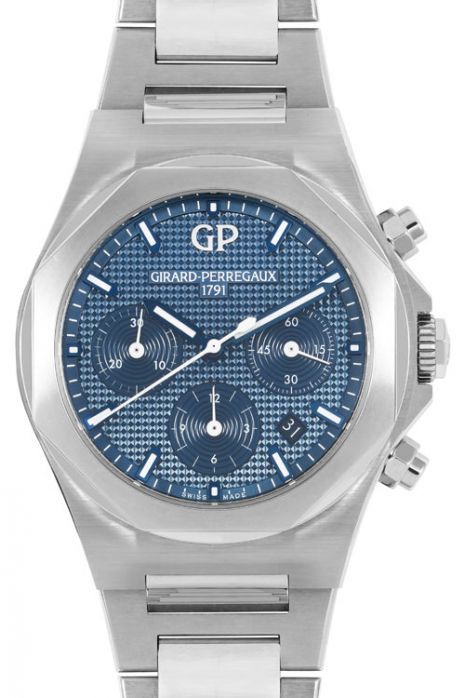
Girard-PerregauxLaureato
2022 42 Mmsold out -
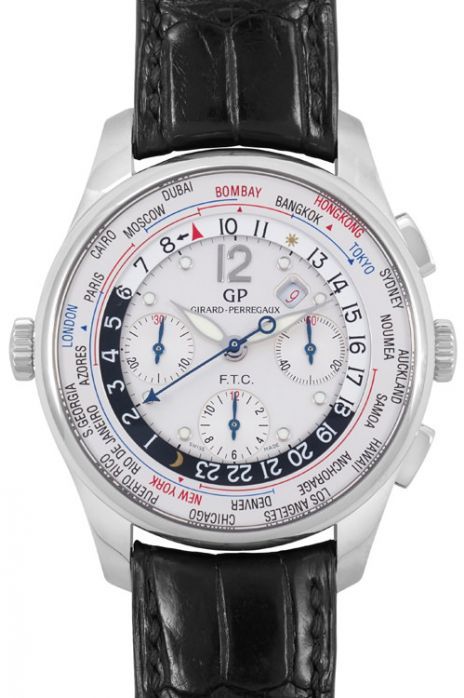
Girard-Perregaux1966
2013 44 Mmsold out -
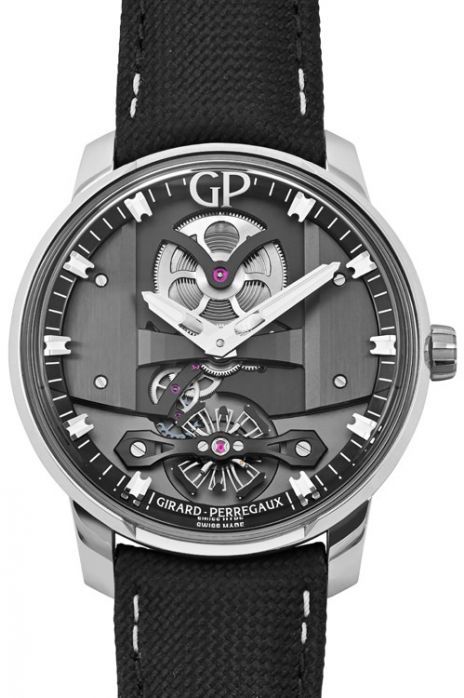
Girard-PerregauxBridges
2021 44 Mmsold out -
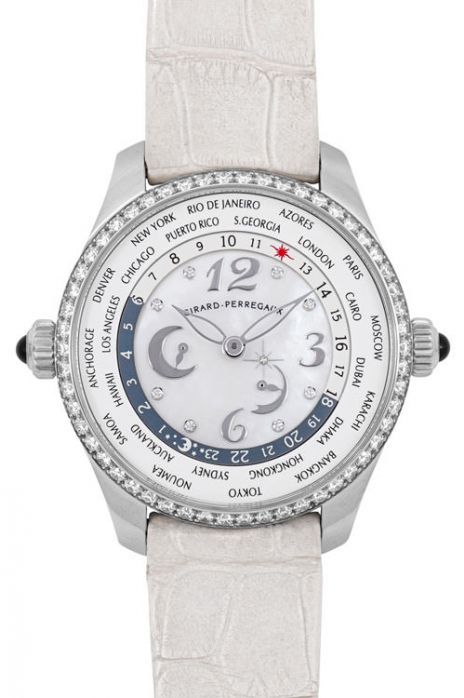
Girard-Perregaux1966
2022 41 Mmsold out -
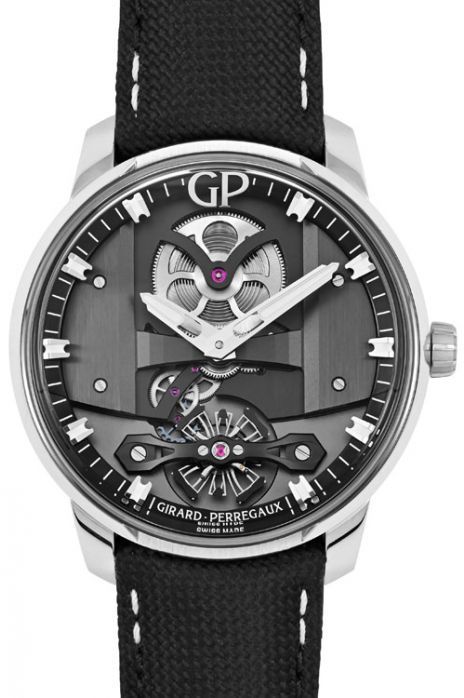
Girard-PerregauxBridges
2021 44 Mmsold out -
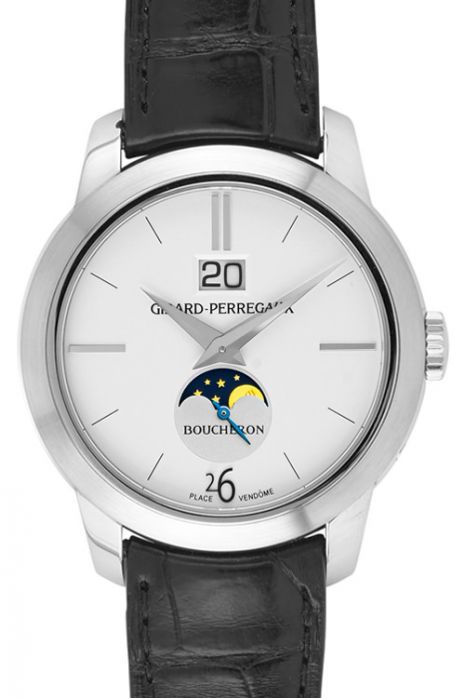
Girard-PerregauxBoucheron
2010 41 Mmsold out -
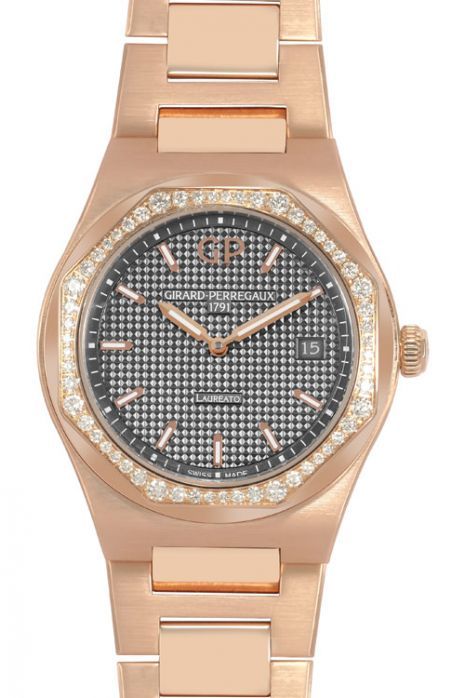
Girard-PerregauxLaureato
2022 34 Mmsold out -
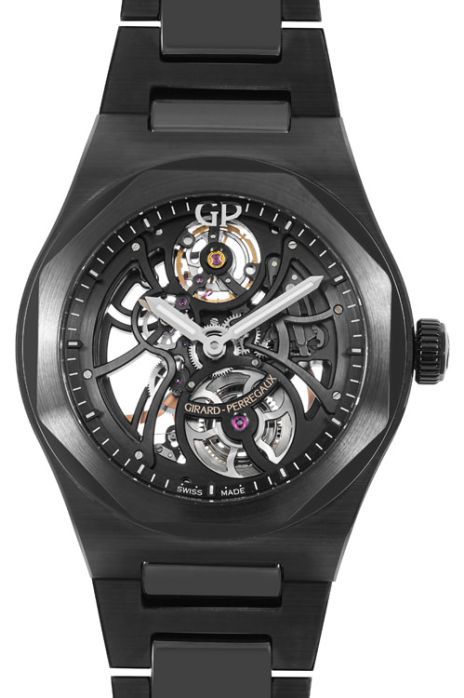
Girard-PerregauxLaureato
NA 42 Mmsold out
-
- 1
- 2
The Girard-Perregaux Saga
The origin of Girard-Perregaux can be traced back to 1791 when goldsmith and watchmaker Jean-François Bautte forged his first watches. Subsequently, he established a manufacturing company in Geneva and integrated all watchmaking trades under one roof. Bautte’s sheer brilliance enthralled royals, aristocrats, and the famous worldwide, including Queen Victoria of England.
More than half a century after Jean-François Bautte established his manufacturing unit, watchmaker Constant Girard set up Girard & Cie in La Chaux-de-Fonds. Consequently, the Girard-Perregaux Manufacture was established in 1856 after Constant Girard married Marie Perregaux in 1854. While the years following the birth of Girard-Perregaux were dotted with remarkable horological achievements, including the iconic Tourbillon with three gold bridges, the story of Girard-Perregaux and Jean-François Bautte’s workshop intertwined in the first decade of the 20th century. In 1903, Constant Girard-Gallet took over the firm’s reins from his father and, by 1906, he had acquired the legendary Bautte Maison, merging it with Girard-Perregaux & Cie. Thus, as a result, the Girard-Perregaux group now traces its history to the creation of the Bautte Maison in 1791.
The latter half of the 20th century saw the company change ownership. Girard-Perregaux has been part of the Swiss Sowind Group since the late 1980s. By the year 2011, the Sowind Group had become a subsidiary of the French luxury goods multinational group Kering with Girard-Perregaux also coming under their ownership. However, regardless of the mergers and acquisitions, Girard-Perregaux continues to uphold the tradition of Haute Horological excellence from its manufacture in the charming city of La Chaux-de-Fonds in the Swiss Jura.
Authentic Artistry and Craftsmanship
Behind every Girard-Perregaux, the timepiece is an amalgamation of countless operations performed by talented artisans with an eye for detail and aesthetics. From tiny gear wheels and sleek cases to the iconic bridges, every component is carefully crafted and assembled by authorised Girard-Perregaux watchmakers to deliver products of the highest quality and standards.
Every watch dial undergoes meticulous smoothening and polishing to reveal a surface that makes conventionally concealed complications of a watch visible. To ensure that each Girard-Perregaux piece is beautiful inside out, even the smallest screw or spring is perfected with the same attention as the outer case. Every timepiece’s assembly, decoration, adjustment, and finishing is done entirely by hand using traditional techniques mastered over two centuries.
Innovation Through the Years
Horological innovation has been one of the fortes of the brand. One of the first breakthroughs for the company was in 1867 when Constant Girard engineered the revolutionary Tourbillon with three gold bridges. An unprecedented masterpiece of the time, the Tourbillon transformed bridges from a mere technical element to a visible and essential aspect of the timepiece. The Tourbillon received several accolades, including a gold medal at the Exposition Paris Universal Exhibition. 1945 witnessed a rectangular Art Deco-inspired model, which would later be dubbed as the Vintage 1945. In 1966, the brand created its first high-frequency movement, and by 1970, Girard-Perregaux had entered the field of quartz movements.
Introducing the concept of sporty-chic, Girard-Perregaux unveiled the Laureato model in 1975. With an integrated steel bracelet and octagonal bezel, the Laureato has maintained its iconic status to this day. Unfortunately, the dominance of quartz watches in the market sent the Swiss watchmaking industry into a severe crisis. However, Girard-Perregaux turned the tables and revived traditional mechanical timepieces by remodeling the iconic Tourbillon with three gold bridges pocket watch. After that, in 1991, the brand presented the Tourbillon with three gold bridges in the form of a wristwatch.
The following years were marked by a slew of innovations, including several sophisticated calibers and movements. A noteworthy achievement is the Constant Escapement L.M. of 2013 featuring a constant-force escapement. Furthering the spirit of reinventions, Girard-Perregaux launched the La Esmeralda Tourbillon in 2016 to commemorate the original 19th-century pocket chronometer and later, the Free Bridge, with aerial bridges and high-tech silicon escapement. Introduced in 2004, the Cat’s Eye is a ladies’ watch line with an unmistakable oval case, and the 1966 Intemporal Collection timepieces boast a minimalist yet versatile profile.
With over two centuries of Haute Horlogerie marked by precision engineering and redefining aesthetics, Girard-Perregaux’s place at the forefront of horological excellence is corroborated by the numerous patents, innovations, distinctions, and prizes to its credit.